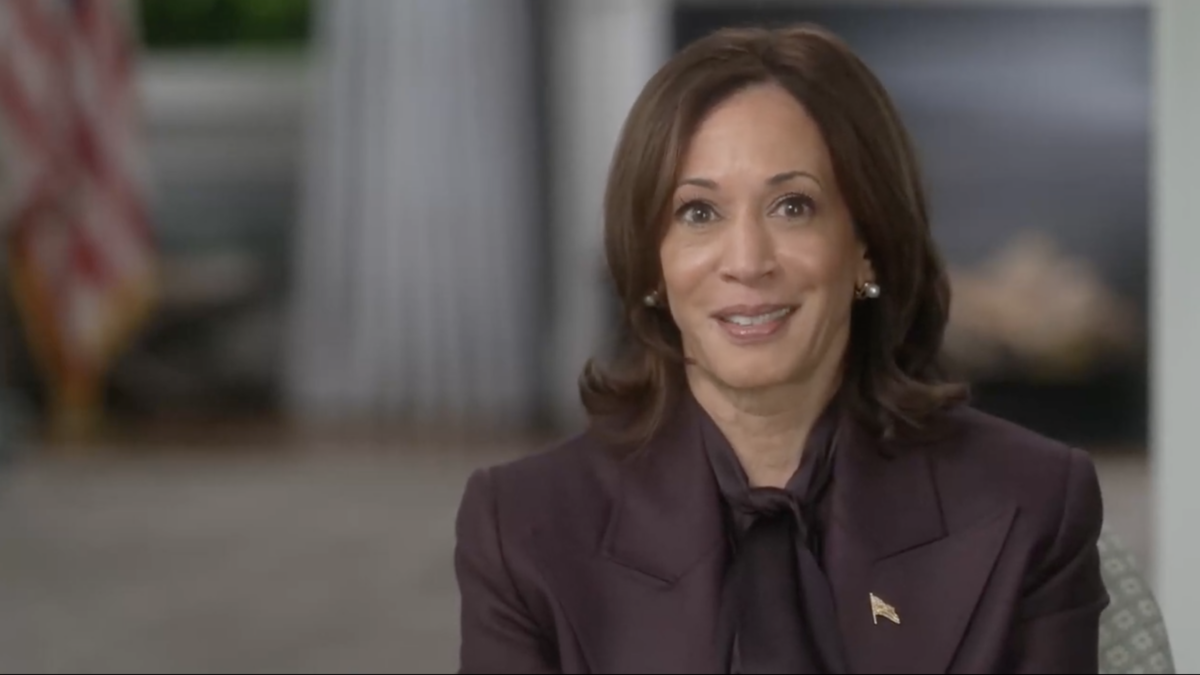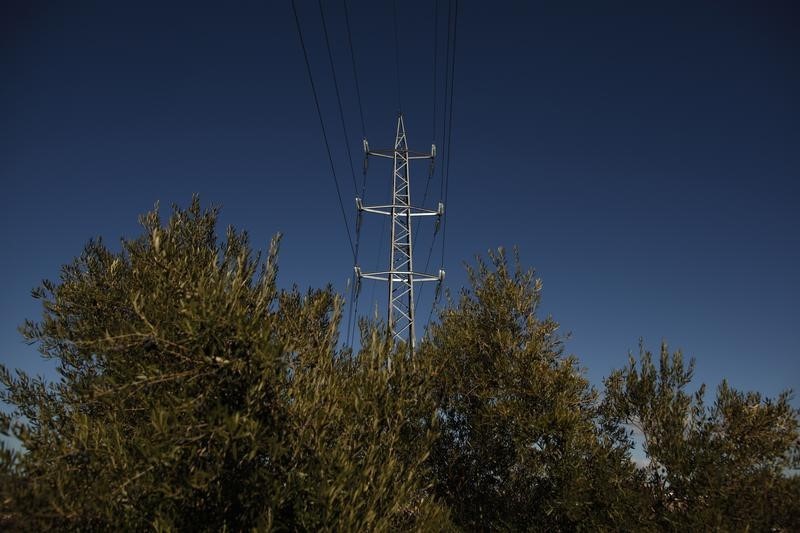Who among us can become what Pico Iyer calls a “global soul”? The simple answer would be the one who can afford it. A quick scan through travel booking portals these days can establish it. And yes, flights to Maldives are cheaper than those to Lakshadweep. I’d be dishonest if I didn’t admit that I’m envious of those who have more money in their coffers that enables them to book flights sans inconvenient layovers. Travelling is a privilege that most can ill afford. But money isn’t the only privilege that we must take into account.

Each time one begins a visa application process as the holder of a not-so-strong passport, many privileges, or lack thereof, come alive. Nothing screams “third world” or its fancier moniker “Global South” more than the hoops one has to jump through for a transit visa. The excruciating process of filling out lengthy forms, the filing of your entire life in the form of piles of papers, the liquid humiliation of questions and submissions, and the waiting black hole. These are the times when one begins to question all the life choices one has made.
It can certainly be argued that visa privileges are bilateral and it helps to have “friends” at individual, institutional, and international policy levels. Yes, travel visas are also instruments of foreign policy and movement control policy. Many a dream is dashed at consulate counters. Even if one procures the coveted stamp, the long rows at immigration desks for “other” nationalities in most Global North countries establish your status as largely unwanted despite your bank balance. Especially when you see the “wanted” ones zooming past the automated immigration gates. You could be a guest speaker at a prestigious institution or an expert invited to assist the police, the immigration officer will scrutinise you as a potential illegal.
Skin colour is another privilege that is often much talked about but largely in terms of the empire-colony paradigm. It doesn’t have to be that. The internet, for example, is awash with horror stories that African travellers have to share about their trips to Morocco. Indian tourists, on the other hand, swear by the country’s hospitality. Ask a white young girl travelling to South Asia, and she’ll have something to say about the violation of her personal space by the locals if nothing worse.
A woman traveller is naturally underprivileged. Many spaces and experiences that men take for granted are not open to women. Can a woman, for example, “soak the city in” and take the tube in New York late at night without watching over her shoulder? It’s no surprise that even “first-world” experiences come with caveats for women.
So why go abroad at all? Why not stick to domestic tourism? The short answer is, that apart from the visa hassles, all other concerns stay unchanged. It is no surprise, for example, that women still constitute about a third of the total number of domestic tourists in India.
Travel and tourism are integral to any country’s soft power. The more liberal a country is in its population movement policies, the better it capitalises on the never-ending wanderlust. The Maldives, flavour of the month, figured this out long back and decided to grant tourist visas to all nationalities on arrival. With its pretty but precarious geography, the Maldives has managed to consistently be one of the fastest-growing economies in the world, driven by its tourism industry. Undertaking tourism is a privilege of one kind, neglecting it is another. Ask North Korea.
But let’s anchor back at the home shore. Indians have traditionally travelled rather extensively to near and far lands but they have done so more for work and less for leisure. The jury is still out on whether business travel is a boon or bane. One thing, however, is clear as the Lakshadweep waters — becoming a global soul involves privilege, planning, providence, and Pico Iyer’s brand of curiosity.
Nishtha Gautam is an author, academic and journalist. She’s the co-editor of In Hard Times, a Bloomsbury book on national security. The views expressed are personal







![Sports Illustrated’s future in flux after layoffs [Updated] Sports Illustrated’s future in flux after layoffs [Updated]](https://i.kinja-img.com/image/upload/c_fill,h_675,pg_1,q_80,w_1200/529d10db807c00279661bf9831fc02a4.jpg)







